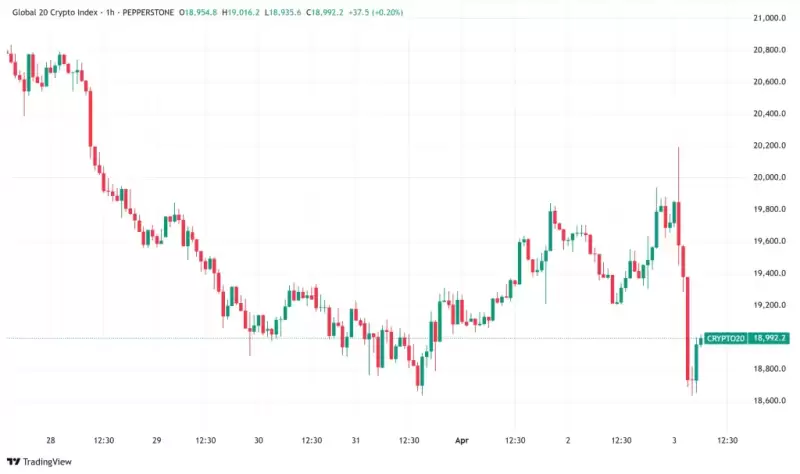The prices of gold coins in Ghana have experienced a significant drop since their introduction, primarily due to the appreciation of the Ghanaian cedi against the US dollar.

Ghana’s gold coin prices have seen a substantial drop since their introduction, mainly due to the appreciation of the Ghanaian cedi against the US dollar.
Launched by the Bank of Ghana (BoG) to diversify investment options and absorb excess liquidity, the gold coins have experienced significant losses for buyers as the local currency strengthens.
For instance, the 1.0-ounce Ghana Gold Coin (GGC), initially priced at GH₵45,020.48, is now selling for GH₵41,020.79, reflecting a reduction of GH₵3,999.69. Similarly, the price of the 0.50-ounce coin dropped from GH₵22,409.74 to GH₵20,913.03, showing a loss of GH₵1,496.71. The 0.25-ounce coin experienced a smaller decrease, falling from GH₵11,188.12 to GH₵10,889.09, indicating a reduction of GH₵299.03.
These price cuts come as the cedi has appreciated significantly against the US dollar, which impacts the prices of gold coins. When the coins were launched on November 27, 2024, the pricing was based on the London Bullion Market Association (LBMA) gold price of $2,635.40 and an exchange rate of GH₵15.7500 to the US dollar. However, by January 9, 2025, the LBMA price of gold had increased slightly to $2,659.65, but the cedi had gained value to GH₵14.7350 against the dollar. This appreciation led to a reduction in the local price of the gold coins, as the cedi strengthened more than the gold price itself.
The cedi’s appreciation reflects growing stability in Ghana’s foreign exchange market, which has positive implications for the economy. However, it also diminishes the value of assets like the Ghana Gold Coin, which are priced in US dollars. The Bank of Ghana’s initiative to promote domestic investment in gold as part of its broader economic strategy aims to strengthen the local currency and diversify financial instruments. Yet, the recent price declines highlight the delicate balance between monetary policies and their impact on investment decisions.
While the cedi’s strength benefits certain sectors of the economy, it may also dampen the interest in dollar-linked investments such as gold coins. Market analysts suggest that, while the cedi’s appreciation is an encouraging sign for Ghana’s economic stability, it could reduce enthusiasm for gold as an investment, especially in the short term.
As the Bank of Ghana’s gold initiative continues, it will be essential to monitor how these developments unfold in response to both local and global economic conditions. The BoG remains committed to creating financial tools that foster economic resilience, but the challenge of balancing the effects of currency fluctuations on investment remains.





















































































